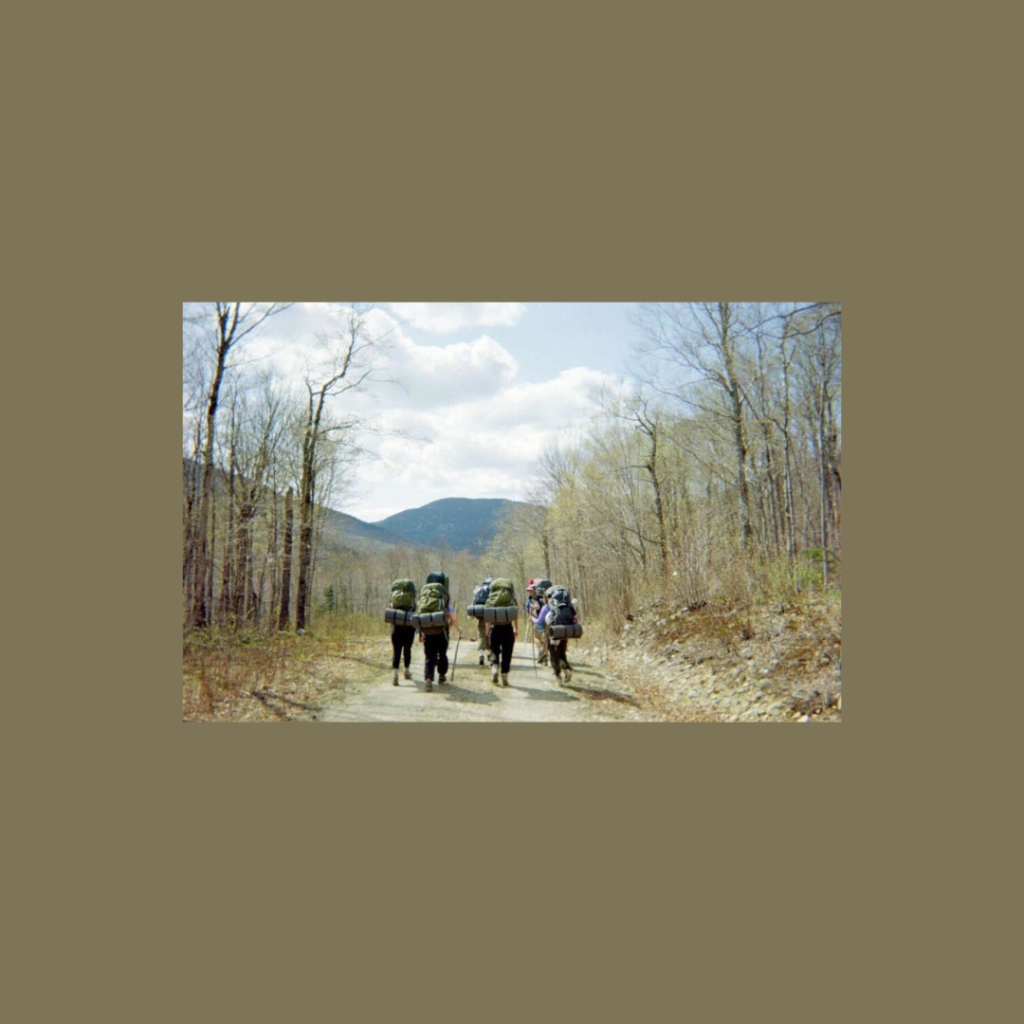Written by Joyce Jiang
Right now, it’s hard to feel in control when so much of our lives is out of our control. However, through some small and easy changes, you have the power to change the world by living more sustainably.
- Switch to LED light bulbs
Not only do LED light bulbs use 25%-80% less energy than traditional incandescent light bulbs, they can also last up to 25 times longer. LED light bulbs release light as a product of filtering electricity through a semiconductor, meaning that light is emitted directly from the source of energy input. Traditional light bulbs cause energy to be lost as metals or gases must first be heated before emitting light.
- Unplug your devices
Electrical devices draw energy from the outlet even when they are not in use. The Department of Energy estimates that this leads to an annual cost of about $100-$200 for the average household. To prevent this, use a power strip to easily disconnect all your plugged in appliances and charges in one flick of the switch.
- Get a water filter
If you’ve been drinking bottled water because you dislike the taste of tap water, look into getting a water filter. Most water filters will remove any chemical contaminants that affect the taste of water.
- Recycle
The refrain “reduce, reuse, recycle” may have been born in the 1970s, but it has not gone out of style. Having a separate recycling bin at home can help you achieve all three of these goals at once. By monitoring how much recycling you collect each week, you can reduce the amount of packaging you buy and reuse jars or containers that you would ordinarily just recycle.
- Compost
When wasted food and other organic material is thrown into the landfill, it produces methane, a greenhouse gas that traps about 30 times as much heat as carbon dioxide. About 60% of the methane in the atmosphere is caused by human activities such as the production and transport of coal, natural gas and oil; raising livestock and other agricultural practices; and the breakdown of organic waste in landfills. On the bright side, this means that humans have the power to drastically decrease the amount of methane in the atmosphere by making the right choices. If you have picked up gardening as a quarantine hobby, then compost is the perfect way to add a little extra nutrients for your darling plants.
- Eat less meat
Industrial meat production is the single biggest cause for deforestation. Forests are destroyed to create open land for cattle ranching or growing feed. Eighty percent of deforestation of the Amazon rainforest can be linked to meat production. Livestock are typically fed corn, soybean or other grains that are grown with a lot of fertilizer, pesticides, fuel, water and land. In the US, 167 million pounds of pesticides and 17 billion pounds of nitrogen fertilizer are used for growing livestock feed annually. The antibiotics used in industrial meat production can also produce resistant strains of bacteria that impact human health as well as the environment. While becoming vegan might not be feasible for you, you can still cut back on the amount of meat you eat. Try to not eat meat one day a week. Experiment with new vegetables and recipes, or even try out some plant-based meat alternatives like veggie burgers.
- Avoid harsh chemicals like bleach
Bleach that is released into the environment gradually builds up, creating pollution that stays in our environment and takes years to break down. Bleach is known to cause cancerous cells in wildlife and can have adverse effects on human health as well. Bleach can cause respiratory issues, migraines, muscle weakness, abdominal discomfort, esophageal perforation, nausea and damage to the nervous system. There are many non-toxic alternative cleaners that you can use instead of bleach.
- Take notes in a recycled notebook
Taking notes in class is important, but instead of buying that shiny new notebook, try using recycled notebooks instead. Paper is one of the most commonly recycled materials in the United States, and recycled paper saves space in landfills, saves energy and water, preserves resources and reduces greenhouse gases.
- Buy in bulk
Buying in bulk can help cut down on plastic packaging. It also means that you can go to the store less often. Buying in bulk can also be cheaper since it costs less for producers and suppliers to sell items this way. As long as you are not buying more than you will use, there really is no disadvantage to buying in bulk.
- Keep learning
By reading this, you’re already on the right track, but make sure that you don’t stop here. Watch a documentary about sustainability or take a class about the environment. Engage in discussions about sustainability and share the lessons you have learned with your friends and peers. Living sustainably is a process, and there are always ways you can improve. There is no one right way to live sustainably. All we can do is try our best and keep pushing to be a little bit better.




Leave a comment